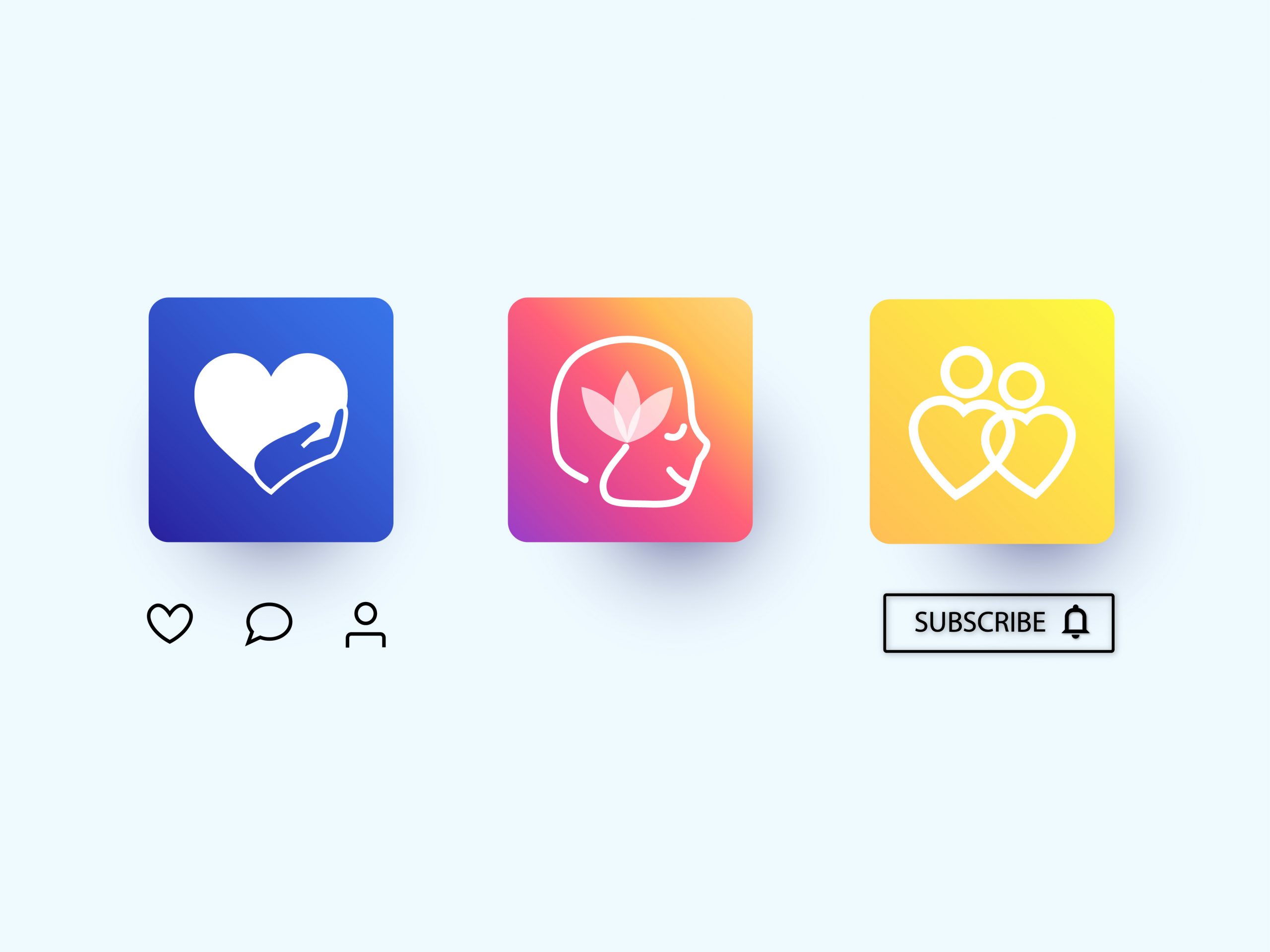On the night of Dec. 21, 2023, I conducted my usual routine. I took a shower, brushed my teeth, did my skincare, cried hysterically and crawled into bed to watch TikToks until my eyes burned from exhaustion, or what some call “winding down.”
That was until I remembered what my dad told me earlier that day about taking some time off of social media.
At first, I scoffed at my dad’s advice and gave him an empty promise by telling him I’d think about it. After all, why would I choose to get rid of social media?
With more thought, I recalled some events from the past week and realized that I, quite literally, had nothing to lose.

So, instead of watching “get ready with me” videos, I deleted Instagram, TikTok and Snapchat. I heeded my dad’s advice and performed the social media cleanse — a trendy way of declaring that you’re taking a break from social media.
I put my phone down and stared at the ceiling, but boredom hit pretty quickly. However, I was determined not to succumb to the temptation of scrolling.
What did I find was the easiest way to combat this urge? Simply going to bed.
The following week was filled with my fingers instinctively heading to the social media folder on my phone only to find disappointment with its emptiness. The only notifications I woke up to were spam emails, the occasional Uber Eats promotion code and gentle reminders to feed the virtual pet duck that I co-parent with my best friend.
Just what every teenager wants to wake up to, right?
I was bored out of my mind. My mental health was not improving as much as I had hoped it would and, on top of everything else, my friends and I were hardly talking.
Why was this so hard? Did I really need social media to survive?
It wasn’t until the end of the first week that I started to feel at peace. I no longer had to stress over answering Snapchats in a timely manner or making my winter break seem exciting. I even got a haircut and successfully fought the urge to post about it on my Instagram story.
I was spending more time with my family and found myself significantly less worried over things that deserved very little of my attention in the grand scheme of it all.
At some point, I noticed that I rarely picked up my phone — I had no desire to. Redownloading these mind-controlling apps became a distant thought and I started to believe that I would stay off social media forever.
That was until I was faced with two unexpected downsides: a major disconnect from the friends that I couldn’t see in person and the fact that I still felt mentally unwell.
The older generations weren’t lying when they said that everyone is disconnected these days. I had no idea what my friends were up to anymore because everyone had been posting their holiday breaks on social media.
After all, why would you constantly update your loved ones when they can see what you’re doing in an Instagram post?
The only way I could find out what my friends had been up to was if I called or texted them; however, I was at a low mental point and wasn’t equipped to reach out.
I began to realize that social media wasn’t the root of my problems. The lack of constant scrolling certainly helped my overbearing anxiety, but it didn’t completely fix it. Deleting social media was a good start, but if I wanted to get better, I was going to have to do some serious work on myself rather than my phone.
Although I was fine without them, I eventually re-activated my social media accounts. Overall, taking a break from the endless scrolling had its perks. I found myself more productive and less stressed. Even after re-downloading social media, I noticed I was using it a lot less.
Deleting social media won’t necessarily cure all the problems in your life and won’t always be helpful. It really depends on where you are in your life mentally and emotionally.
So, the next time you’re waking up or heading to bed, check in on yourself before and after you check social media.





















































































































